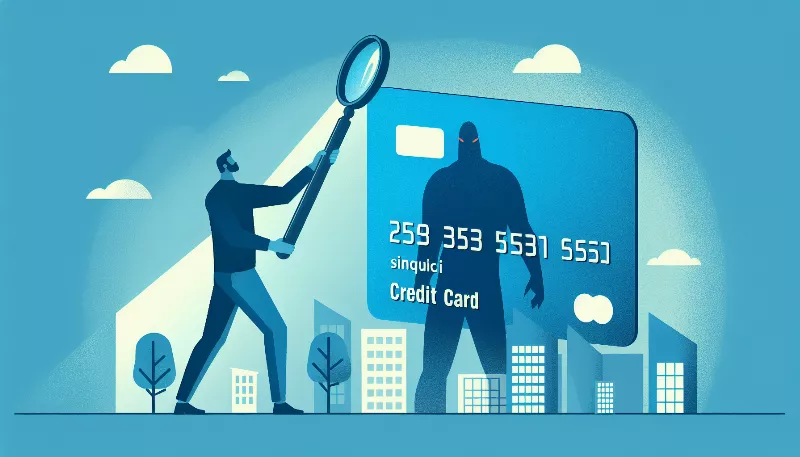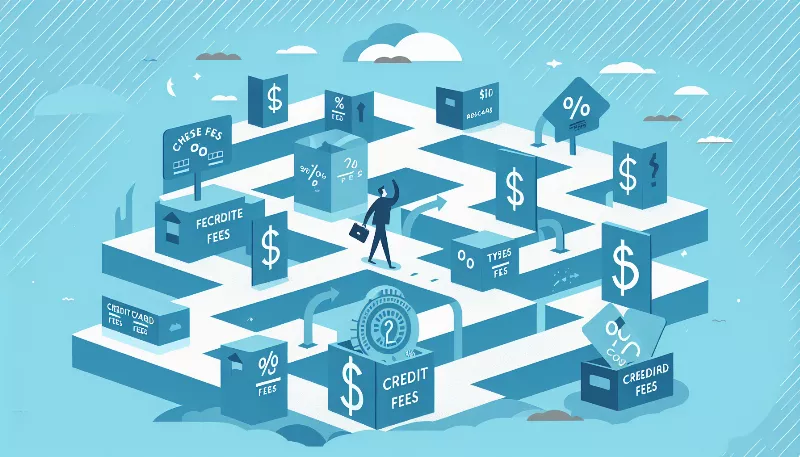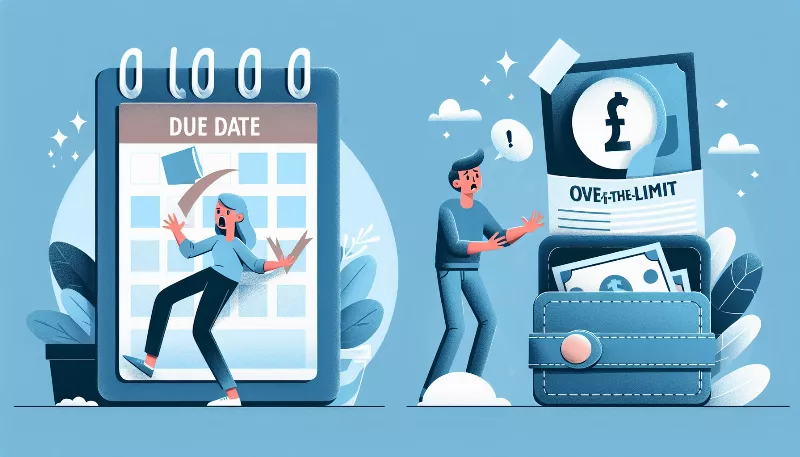How can I compare credit card fees to ensure I'm getting the best deal?
Discover the secrets to comparing credit card fees effectively! Our guide helps you snag the best deals and save on charges. Start saving now!

Introduction to Credit Card Fee Comparison
Are you on the hunt for the perfect credit card that won't break the bank with excessive fees? You're in luck! Comparing credit card fees is a savvy financial move that can save you a bundle in the long run. With a plethora of credit card options available, it's crucial to dissect the fine print and understand exactly what you're signing up for. Let's dive into the exciting world of credit card fee comparison and unlock the secrets to snagging the best deal out there!
Understanding the Types of Credit Card Fees
Before we compare, it's essential to know the types of fees that might come with your credit card. There are annual fees, balance transfer fees, cash advance fees, foreign transaction fees, late payment fees, and more. Each card has its own fee structure, so understanding these will help you make an informed decision.
Start with the Annual Fee
One of the most prominent fees to consider is the annual fee. Some cards offer zero annual fees, while others charge a premium for rewards and benefits. If you're not keen on paying a yearly charge, start your search with cards that don't have one. However, don't dismiss cards with an annual fee right away; sometimes, the perks they offer can outweigh the cost.
Balance Transfer and Cash Advance Fees
If you're planning to transfer a balance or anticipate needing a cash advance, pay close attention to these fees. They can vary significantly from card to card. Look for cards with low or no balance transfer fees and reasonable cash advance charges. Remember, even a small difference in percentage can lead to substantial savings when dealing with large balances.
Foreign Transaction Fees for the Avid Traveler
Love to travel? Then foreign transaction fees should be on your radar. Many cards charge a fee for purchases made abroad, but a growing number of travel-focused credit cards now waive this fee. If you're a globetrotter, finding a card without foreign transaction fees could mean big savings on your international escapades.
Avoiding Late Payment Fees
While we all aim to pay our bills on time, it's important to know what the late payment fees are. Some cards offer a grace period or even waive the first late payment fee. Knowing these details can provide peace of mind and help you choose a card that's more forgiving if you slip up.
Comparing Reward Programs and Benefits
When comparing fees, don't forget to weigh the rewards and benefits. A card with a higher fee might offer cashback, points, or travel rewards that more than make up for it. Take the time to calculate the potential value of these rewards based on your spending habits to see if they justify any associated fees.
Using Comparison Tools and Calculators
Thankfully, you don't have to do all the math yourself. There are fantastic online tools and calculators designed to compare credit card fees and rewards. Utilize these resources to input your spending habits and see which card offers the best net value after fees are considered.
Read Reviews and Ask for Recommendations
Another great way to gauge whether a credit card's fees are worth it is by reading reviews and asking for personal recommendations. Often, real user experiences can shed light on how fees play out in real-life scenarios and whether the benefits of the card live up to the hype.
Conclusion: Empower Your Wallet!
Comparing credit card fees might seem daunting at first, but it's an empowering step towards financial savvy. By taking the time to understand and compare the various fees and rewards, you can ensure that you're getting the best deal for your wallet. So go ahead, embrace the challenge, and start your journey to a credit card that rewards you in all the right ways!









